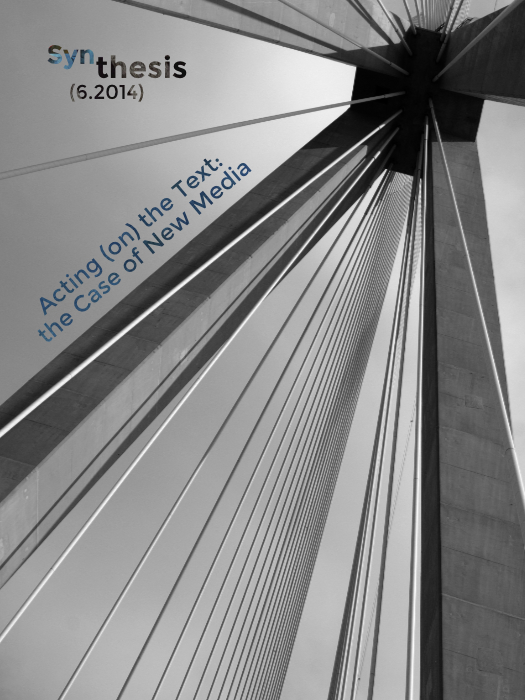Conveying the Message of Trust through Written Texts in CouchSurfing.org
Abstract
The present article describes the results of research on online identity construction during participation in hospitality social networks. One type of user submitted data, references, was analysed to uncover and describe the way trust is conveyed in Couchsurfing.org. Through corpus-based linguistic analysis, authors explore the relative importance of different types of user interactions in the network and describe how references contribute to the framework of trust built within the Couchsurfing.org social network. Among the findings are the increased use of adjectives in references and the concepts used by the Couchsurfing management. Trust is seldom used in the references directly, but rather expressed through euphemisms and metaphors.
Article Details
- Section
- Articles

This work is licensed under a Creative Commons Attribution 4.0 International License.
The copyright for articles in this journal is retained by the author(s), with first publication rights granted to the journal. By virtue of their appearance in this open access journal, articles are free to use with proper attribution. Synthesis retains the worldwide right to reproduce, display, distribute, and use published articles in all formats and media, either separately or as part of collective works for the full term of copyright. This includes but is not limited to the right to publish articles in an issue of the Journal, copy and distribute individual reprints of the articles, authorize reproduction of articles in their entirety, and authorize reproduction and distribution of articles or abstracts thereof by means of computerized retrieval systems.




